Why more and more people believe in aliens
Growing numbers say they have seen a UFO – and even US politicians are getting caught up in the trend
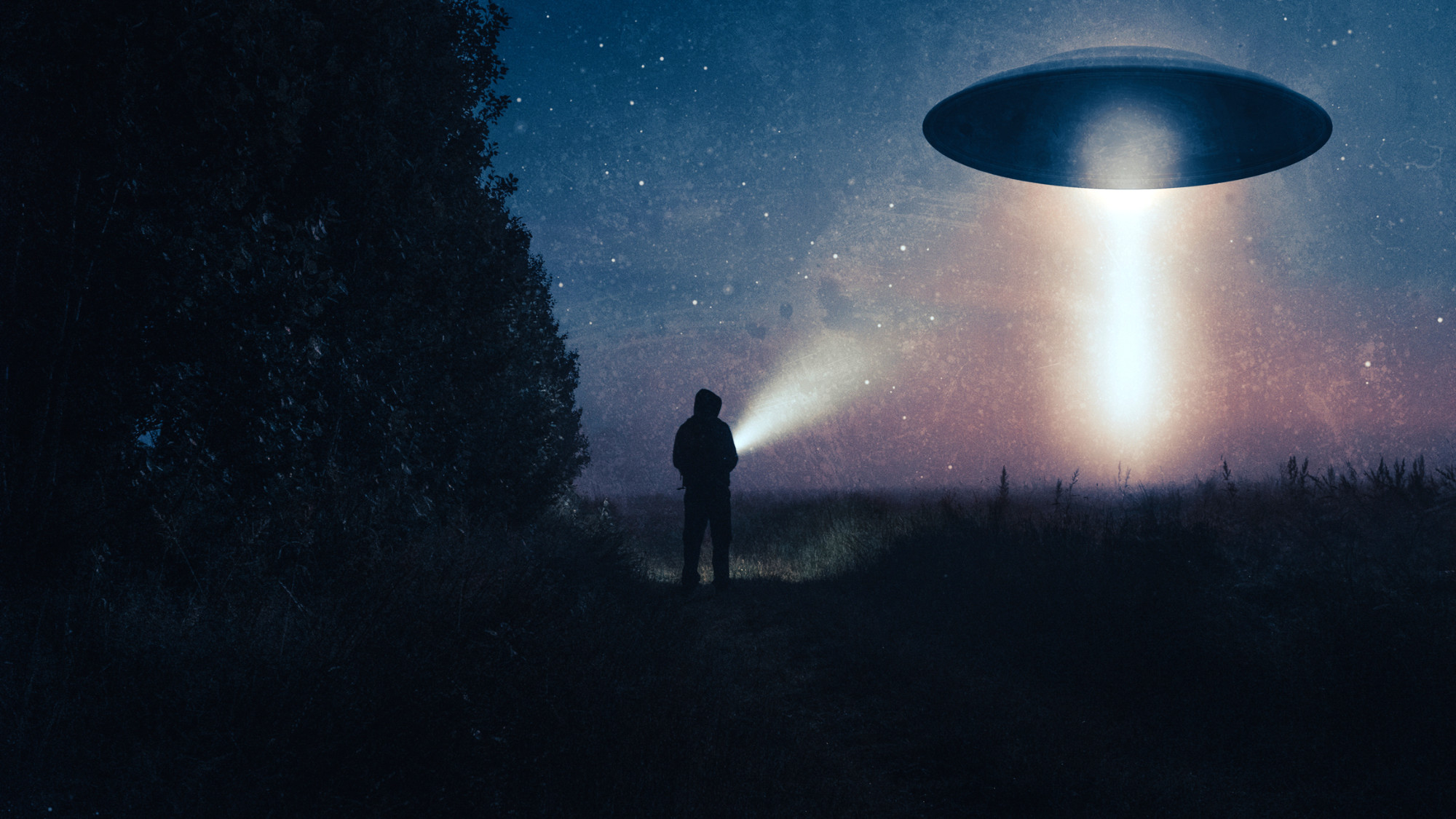
A free daily email with the biggest news stories of the day – and the best features from TheWeek.com
You are now subscribed
Your newsletter sign-up was successful
Belief in aliens is nothing new – reports of UFOs can be found in fourth-century Chinese texts – but over the last few years, there has been a sharp increase in the numbers who truly think the truth is out there.
In fact, reported Newsweek, the idea is gaining "unprecedented traction" in the US and elsewhere, leading to concerns about the impact it could have.
In the late 1990s, only 20% of people in the US believed UFO sightings were proof of alien life, said the magazine. That had risen to 34% by 2022, at which time 24% of 1,000 Americans polled also said they had seen a flying saucer.
The Week
Escape your echo chamber. Get the facts behind the news, plus analysis from multiple perspectives.

Sign up for The Week's Free Newsletters
From our morning news briefing to a weekly Good News Newsletter, get the best of The Week delivered directly to your inbox.
From our morning news briefing to a weekly Good News Newsletter, get the best of The Week delivered directly to your inbox.
Heading for the White House?
Tony Milligan, a senior research fellow at King's College London, told Newsweek the rise was a "political tsunami" that had even caught the attention of US politicians.
"You don't worry about this stuff when it's 2% of the population... but you don't expect it to be reaching the floor of Congress," he said.
Depending on the results of November's presidential elections, the topic could go even further, as Donald Trump has vowed to declassify videos of alleged UFOs if he wins. The Republican nominee has had a "decade-long fascination" with the topic, said The Sun.
The UK is not immune to the growth, Milligan wrote in The Conversation, with around 20% of citizens believing extraterrestrials have visited and an estimated 7% saying they have seen a UFO.
A free daily email with the biggest news stories of the day – and the best features from TheWeek.com
It is a "slightly paradoxical" belief, he said. Not only is there no proof in the existence of aliens, but the immense distance between star systems means it is more likely that any evidence would come from signals.
Milligan put the growth in the belief down to "familiar anti-elite tropes": the idea that people in positions of power are hiding the "truth". Indeed, he added, belief in a cover-up is more popular than the belief that aliens had come to Earth, with a "staggering" 68% of Americans telling a 2019 survey that the US government hadn't revealed all it knew.
Memory tricks
Psychologist Chris French, meanwhile, told the BBC's Sky at Night magazine that the growth in ufology was something new, and that in 1947 – a "golden year" for sightings following the Roswell incident – a UFO was not automatically linked with alien life.
"Yet now, it would be the automatic go-to explanation for many people," he said, even though ufologists themselves knew that the vast majority of sightings had a "mundane explanation". People liked the more exciting explanation, he added.
French also argued that other UFO-related experiences, such as alien abduction, could be episodes of sleep paralysis that victims are later told was an extraterrestrial event they can't remember because the alien "wiped your memory". As for group cases of UFO sightings, he cited "memory conformity", where the group discuss what they think they've seen and by doing so, influence each other's recollections.
There is one other reason why more people believe in aliens and UFOs: the rise of social media, said Professor Barry Markovsky of the University of South Carolina, also writing in The Conversation.
Mobile phone images of "nondescript lights in the sky" can quickly go viral, adding to the interest that already exists and encouraging other people to share their own photos of "odd-looking content".
Belief in aliens is a trend that grows and fades, he added, but, "like political scandals and high-waisted jeans", it will never go away.
Elizabeth Carr-Ellis is a freelance journalist and was previously the UK website's Production Editor. She has also held senior roles at The Scotsman, Sunday Herald and Hello!. As well as her writing, she is the creator and co-founder of the Pausitivity #KnowYourMenopause campaign and has appeared on national and international media discussing women's healthcare.
-
 Quiz of The Week: 14 – 20 February
Quiz of The Week: 14 – 20 FebruaryQuiz Have you been paying attention to The Week’s news?
-
 The Week Unwrapped: Do the Freemasons have too much sway in the police force?
The Week Unwrapped: Do the Freemasons have too much sway in the police force?Podcast Plus, what does the growing popularity of prediction markets mean for the future? And why are UK film and TV workers struggling?
-
 Properties of the week: pretty thatched cottages
Properties of the week: pretty thatched cottagesThe Week Recommends Featuring homes in West Sussex, Dorset and Suffolk
-
 The 5 biggest astronomy stories of 2025
The 5 biggest astronomy stories of 2025In the spotlight From moons, to comets, to pop stars in orbit
-
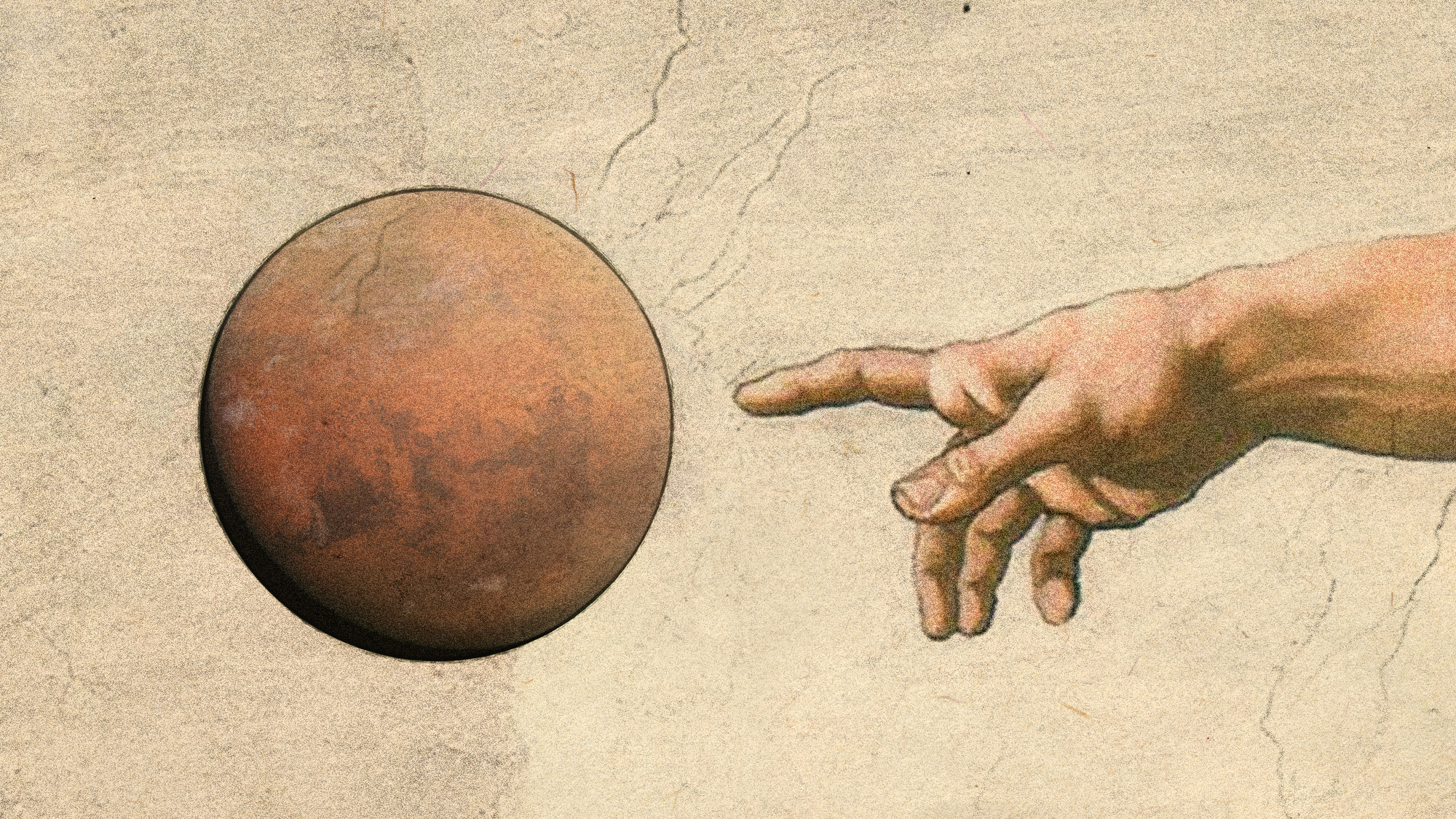 Answers to how life on Earth began could be stuck on Mars
Answers to how life on Earth began could be stuck on MarsUnder the Radar Donald Trump plans to scrap Nasa's Mars Sample Return mission – stranding test tubes on the Red Planet and ceding potentially valuable information to China
-
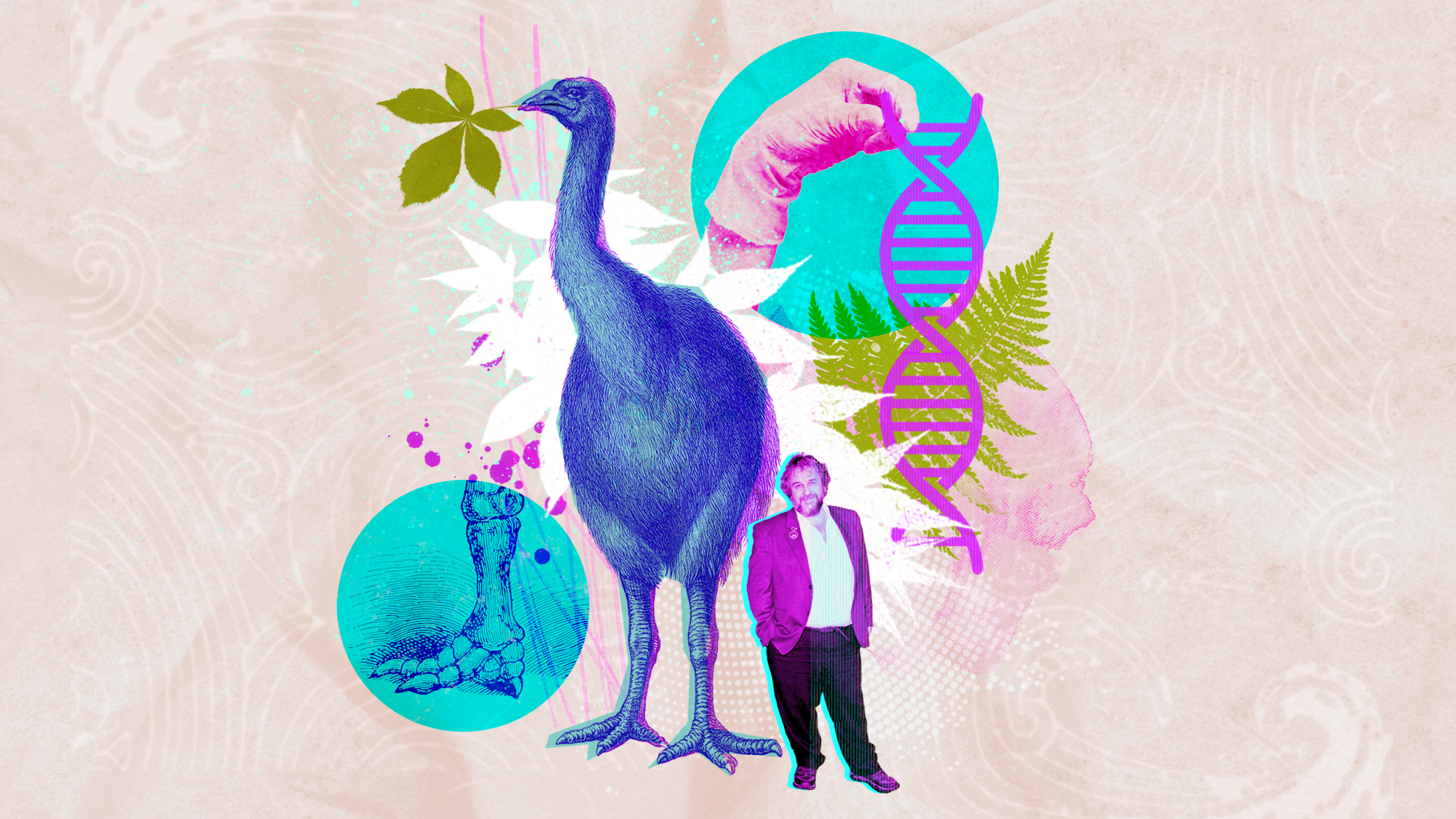 Scientists and Peter Jackson attempt to bring back an extinct bird — kind of
Scientists and Peter Jackson attempt to bring back an extinct bird — kind ofIn the Spotlight Colossal Biosciences was the company behind the 'resurrected' dire wolves
-
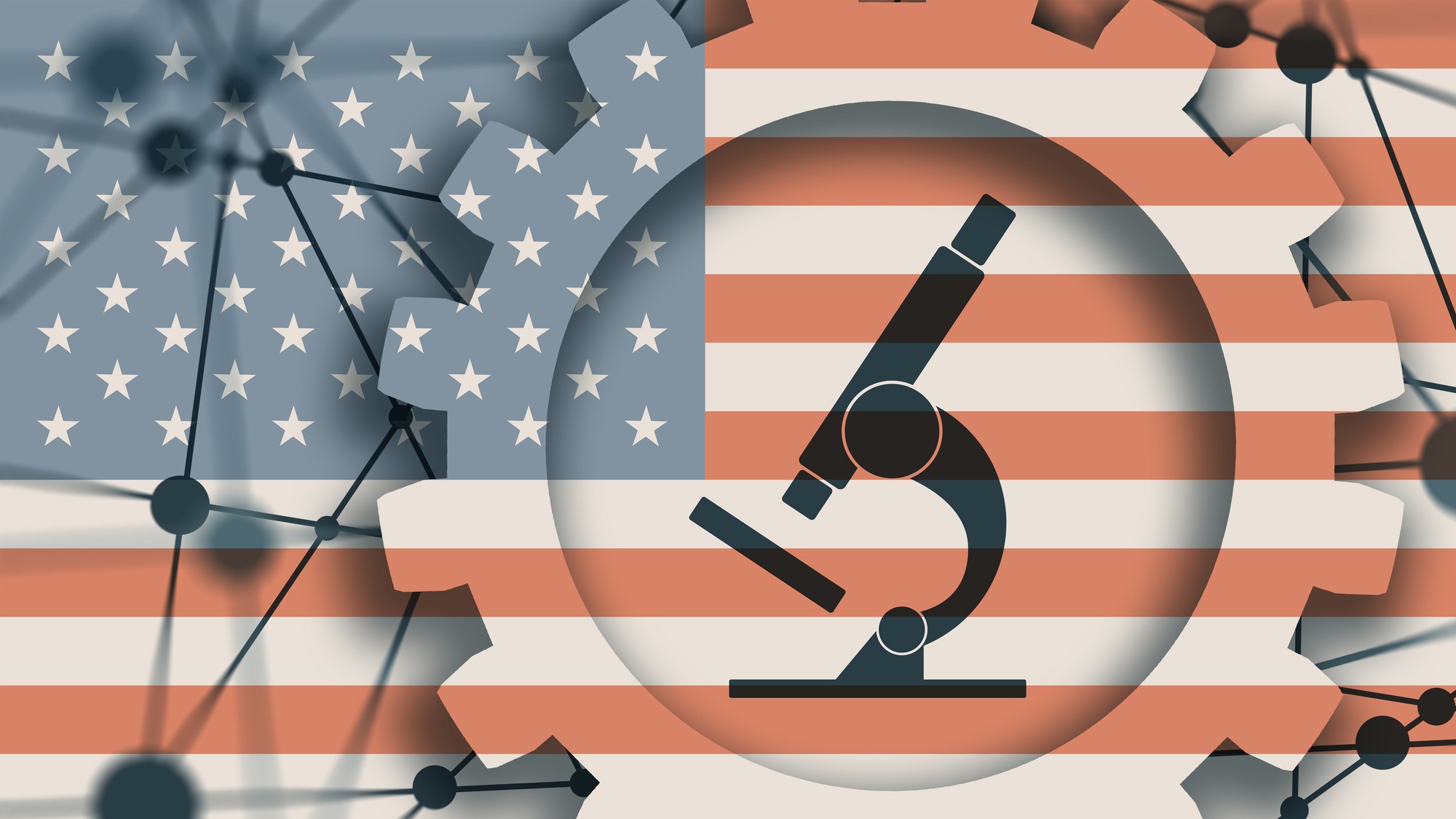 Scientists are the latest 'refugees'
Scientists are the latest 'refugees'In the spotlight Brain drain to brain gain
-
 Scientists find hint of alien life on distant world
Scientists find hint of alien life on distant worldSpeed Read NASA's James Webb Space Telescope has detected a possible signature of life on planet K2-18b
-
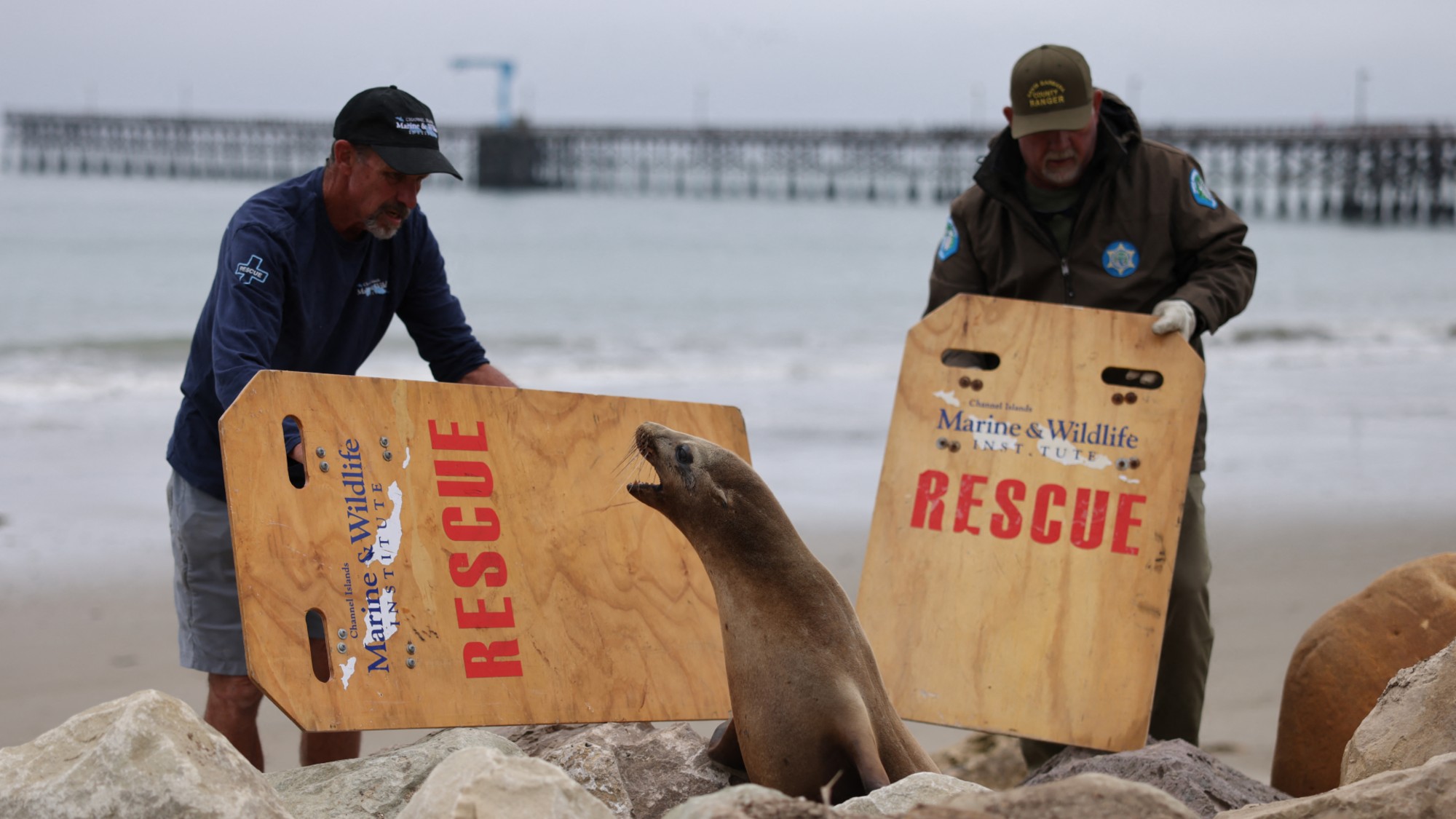 Toxic algae could be causing sea lions to attack
Toxic algae could be causing sea lions to attackIn the Spotlight A particular algae is known to make animals more aggressive
-
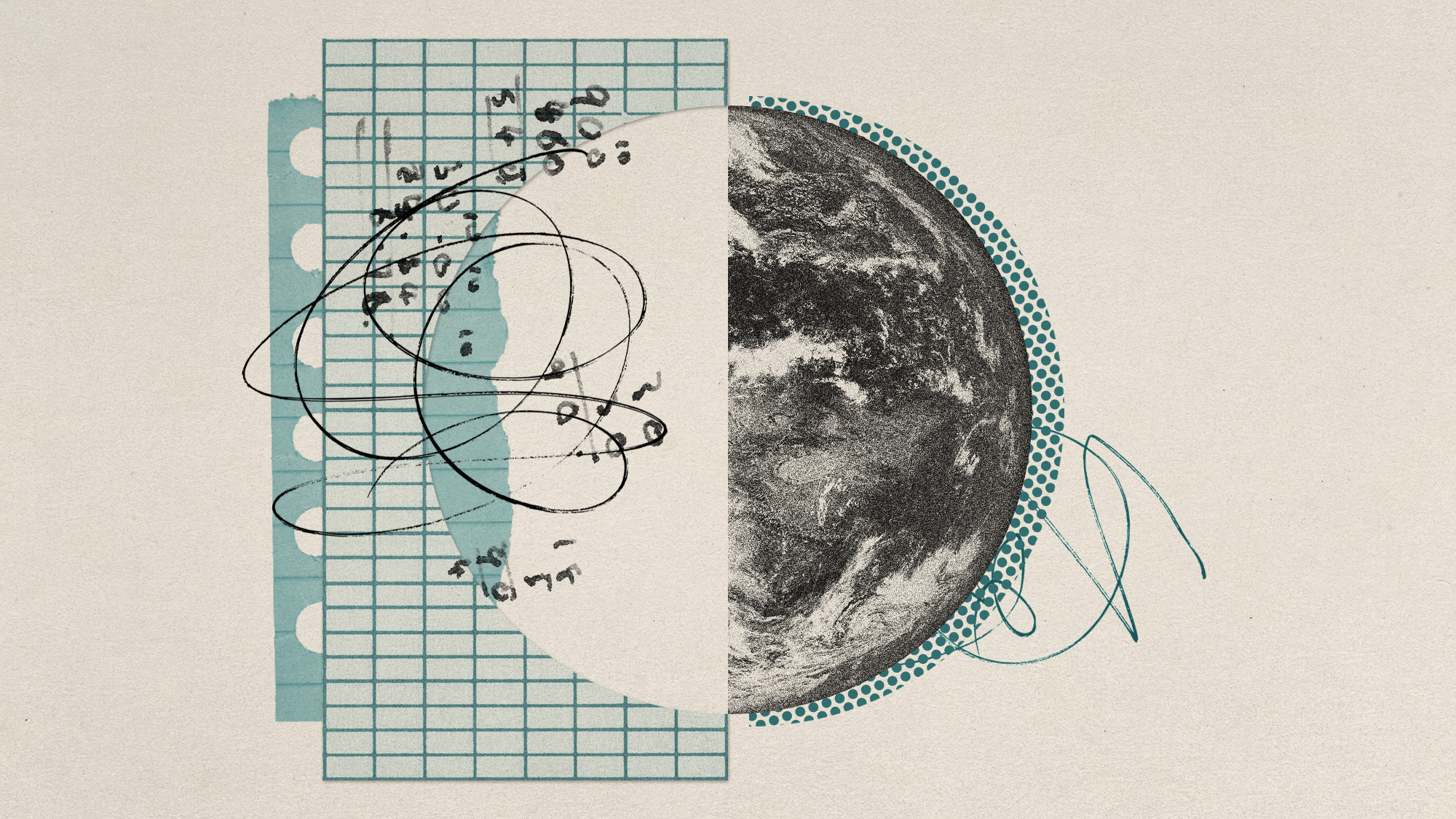 Intelligent life may be more common than we thought
Intelligent life may be more common than we thoughtUnder the radar Humans were more likely a predictable result of planetary conditions than a fluke, says new research
-
 2024: the year of distrust in science
2024: the year of distrust in scienceIn the Spotlight Science and politics do not seem to mix